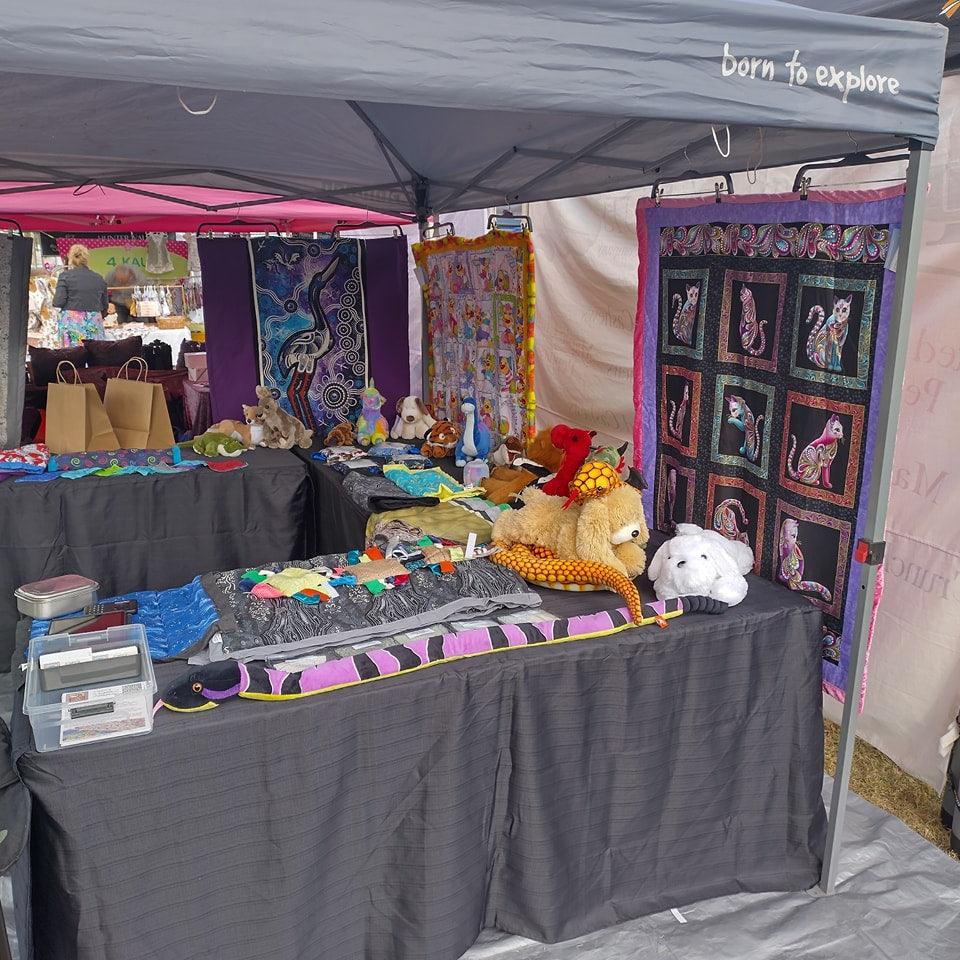Mental Health and Child Protection September 2023

#nationalchildprotectionweek
It is timely with #nationalchildprotectionweek that @Nanas we acknowledge everyone's role and responsibility in protecting our youngest and most vulnerable. Mental health plays a crucial role in our overall well-being, and it becomes even more critical when addressing trauma.
Understanding the impact of trauma on individuals' mental health is essential for providing effective care and support.
The intersection between mental health and trauma, shedding light on the importance of trauma-informed care in promoting recovery and resilience.
When individuals experience traumatic events, such as physical or sexual abuse, neglect, or witnessing violence, their mental health can be significantly affected.
Trauma can lead to a range of mental health conditions, including anxiety disorders, depression, post-traumatic stress disorder (PTSD), and more. It's crucial to recognize and address these mental health challenges to support individuals on their healing journey.
Trauma-informed care is an approach that acknowledges the prevalence of trauma and its potential impact on an individual's life. It emphasizes safety, trust, and empowerment while addressing the unique needs of individuals who have experienced trauma. The goal is to create an environment that promotes healing, resilience, and recovery.
Core Principles of Trauma-Informed Care
Safety: Providing physical and emotional safety for individuals, ensuring they feel secure.
Trustworthiness: Building trust through transparent and reliable communication.
Choice: Empowering individuals by involving them in decision-making processes.
Collaboration: Working together with individuals, professionals, and support networks.
Empowerment: Supporting individuals to rebuild control and autonomy in their lives.
How can our weighted toys and blankets help during these challenging times?
Understanding Trauma-Focused Play Therapy
Trauma-focused play therapy is an evidence-based approach that utilizes toys and play activities to help children process traumatic experiences. It allows children to express their feelings and thoughts in a non-threatening and age-appropriate manner.
This type of therapy helps children develop coping skills, regulate their emotions, and build positive relationships with their caregivers. It focuses on promoting safety, trust, and empowerment.
The Role of Therapeutic Toys in Trauma Recovery
Therapeutic toys are specifically designed to facilitate the healing process for children who have experienced trauma. These toys are carefully selected to provide sensory experiences, promote emotional expression, and foster a sense of control.
Weighted blankets are one example of therapeutic aid that can be incredibly beneficial for children with anxiety and trauma-related symptoms. The deep pressure provided by the blanket creates a calming effect and helps reduce anxiety and promote relaxation.
Sensory toys/ aids, such as our Taggy Rag, Peek- A-Boo bags, and many more can also be useful in trauma recovery. These toys offer tactile stimulation and can help children regulate their emotions by providing a physical outlet for their stress or anxiety.
Choosing the Right Therapeutic Toys
When selecting therapeutic toys, it is important to consider the child's preferences, developmental stage, and specific needs. Every child is unique, so it's essential to choose toys that resonate with them and support their individual healing process.
@Nanas we have a very wide selection of fabrics and toys that we believe you would find something to suit you or someone you care for.
Collaborating with mental health professionals or trauma-informed caregivers can help ensure that the toys selected are appropriate and effective in addressing the child's trauma symptoms.
@Nanas we work with #NDIS clients, #AlliedHealth, #Education, and #MedicalHealth settings.
It's worth noting that therapeutic toys should not be used as a substitute for professional therapy. They are meant to complement therapeutic interventions and provide additional support to the child's healing journey.
We would love to hear what and how you might use our products to support you.









